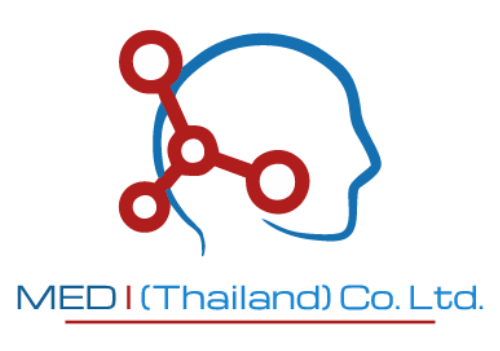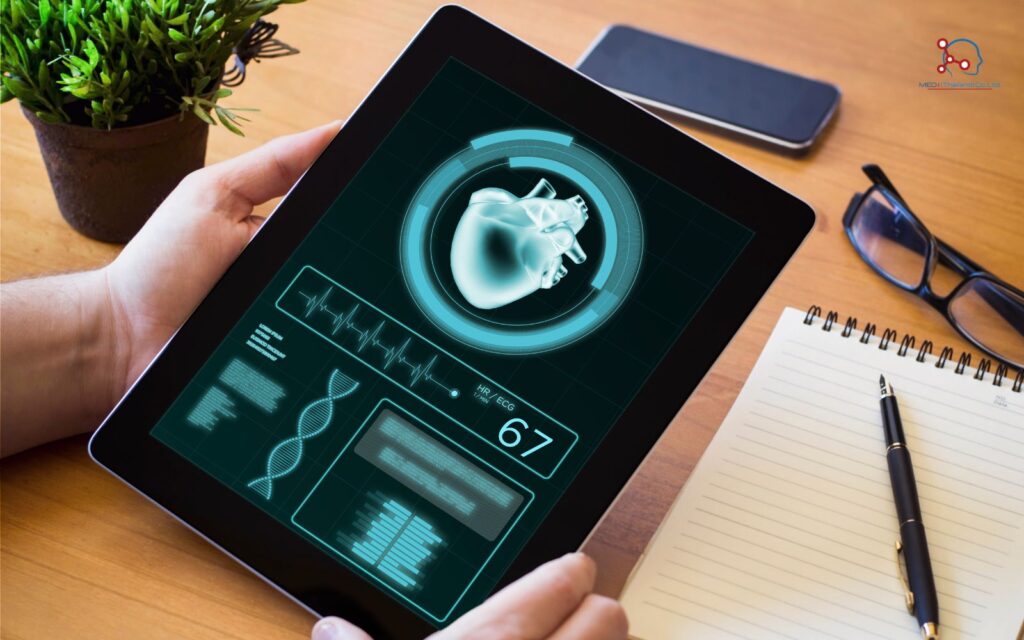Artificial Intelligence (AI) is no longer just a futuristic concept. It’s now a powerful tool revolutionizing industries, especially healthcare.
One area where AI is making incredible strides is in radiopharmaceutical research and development. This cutting-edge technology is changing how we discover, develop, and deliver treatments for diseases like cancer, Alzheimer’s, and heart conditions.
We’re diving into how AI is shaking things up in radiopharmaceutical research and development—no heavy science talk, just the cool stuff you’ll actually want to know. Whether you’re a curious reader, a medical professional, or someone in the tech space, this guide will give you a clear and engaging look at the future of medicine powered by AI.
What Are Radiopharmaceuticals?
Radiopharmaceuticals are special drugs that contain radioactive materials. They’re used for both diagnosis and treatment of diseases.
Two Key Roles:
- Diagnostic Imaging: Helps doctors see inside the body using scans like PET and SPECT.
- Therapeutic Treatments: Targets and destroys cancerous cells without harming surrounding tissue.
Creating these compounds requires advanced research, testing, and regulatory approvals—which traditionally takes years. But AI is here to speed things up.
The Traditional Challenges in Radiopharmaceutical R&D
Before understanding how AI is transforming radiopharmaceutical research and development, let’s look at the pain points that have existed for years.
1. Time-Consuming Development
- Drug discovery can take over a decade.
- Testing for safety and effectiveness is slow and expensive.
2. Data Overload
- Researchers deal with huge volumes of data from clinical trials, imaging, and chemical reactions.
- Sorting and analyzing this data manually is inefficient.
3. High Costs
- Developing radiopharmaceuticals can cost millions of dollars.
- High failure rates in clinical trials only add to the risk.
This is where AI comes in with solutions that are faster, smarter, and more cost-effective.
How AI is Transforming Radiopharmaceutical Research and Development?
AI is helping researchers overcome these challenges by providing tools for smarter analysis, prediction, and automation. Let’s dive into the specific ways it’s making an impact.
1. Accelerating Drug Discovery
AI algorithms can process and analyze chemical data at lightning speed. They identify promising molecules and predict how they will behave in the human body.
Benefits:
- Cuts drug discovery time in half
- Increases the chance of finding effective compounds
- Reduces trial-and-error approaches
Example: Machine learning models can predict which radioactive isotopes will bind best to cancer cells, helping scientists create more targeted treatments.
2. Enhancing Diagnostic Accuracy
AI improves how radiopharmaceuticals are used in imaging. It enhances the quality of medical scans and helps detect diseases earlier.
How it Works:
- AI scans thousands of images to learn what cancer or heart disease looks like.
- It can then highlight problem areas on new scans with high accuracy.
Impact: Early diagnosis saves lives and helps doctors start treatment sooner.
3. Optimizing Clinical Trials
AI can help researchers design better clinical trials. It finds the right patients, predicts side effects, and monitors results in real-time.
Key Advantages:
- Faster patient recruitment
- Improved safety through predictive analytics
- Real-time data analysis for better decision-making
This means more successful trials and faster approvals.
AI and Personalized Radiopharmaceuticals
One of the most exciting ways AI is transforming radiopharmaceutical research and development is through personalized medicine. Instead of a one-size-fits-all approach, AI helps design treatments based on an individual’s genetics, lifestyle, and disease profile.
Personalized Treatment Benefits:
- Higher effectiveness
- Fewer side effects
- Better patient outcomes
Real-World Use:
AI can analyze a patient’s scans and health data to recommend the best radiopharmaceutical therapy, tailored just for them.
AI-Powered Imaging and Data Analysis
AI shines brightest when handling big data—and radiopharmaceutical R&D generates tons of it.
AI Tools in Use:
- Image Recognition: Detects abnormalities in scans with high accuracy.
- Natural Language Processing (NLP): Reads and summarizes research papers, lab notes, and medical records.
- Predictive Modeling: Forecasts how drugs will perform based on historical data.
By automating these tasks, researchers can focus on innovation instead of data wrangling.
Key Benefits of AI in Radiopharmaceutical R&D
Let’s summarize the key benefits to understand why how AI is transforming radiopharmaceutical research and development is such a big deal.
- ✅ Faster Drug Discovery
- ✅ Better Imaging Accuracy
- ✅ Lower R&D Costs
- ✅ Smarter Clinical Trials
- ✅ Personalized Treatments
- ✅ Improved Patient Outcomes
These advancements are not just technical wins—they directly improve lives.
Challenges and Ethical Considerations
While the benefits are immense, AI in healthcare also raises important questions.
Data Privacy
Patient data must be protected. AI systems need strong security to prevent misuse.
Bias in Algorithms
If not trained on diverse datasets, AI can make biased recommendations.
Regulation and Trust
AI-driven treatments must meet strict regulatory standards to ensure safety and build trust among patients and professionals.
The Future of AI in Radiopharmaceuticals
The future looks promising. As AI tools continue to evolve, we can expect:
- Real-time diagnosis during imaging sessions
- Self-learning AI models that get smarter with every scan
- Global collaboration between AI and pharmaceutical companies
The industry is moving towards faster, safer, and more accurate treatments—all powered by AI.
Conclusion: Embracing the AI Revolution in Radiopharmaceuticals
AI isn’t just a buzzword. It’s a game-changer in healthcare—especially in the complex world of radiopharmaceuticals. From speeding up drug discovery to creating personalized treatments and improving diagnostics, AI is making healthcare smarter, faster, and more precise.
Understanding how AI is transforming radiopharmaceutical research and development can help us embrace the changes and opportunities ahead. For researchers, doctors, and patients, the message is clear: the future of medicine is here, and AI is leading the way.

